Wellbeing
Fiona Dandie, Robert Pain & Amy Carter

Wellbeing
Fiona Dandie, Robert Pain & Amy Carter
This week, our students got to 'trade in' their GOLDEN TICKETS at Whittlesea World. It was great seeing so many students meeting all school expectations every day, and we have even got another Principal for the Day - Congratulations to Rhyder Elkohodr of Yr 2. As a key component of our School-Wide Positive Behaviour Support (SWPBS) framework, acknowledging students showing the 'desired' behaviours has a far greater impact than focusing on those who exhibit 'undesirable' behaviours. Positive is always better than 'punishment'.
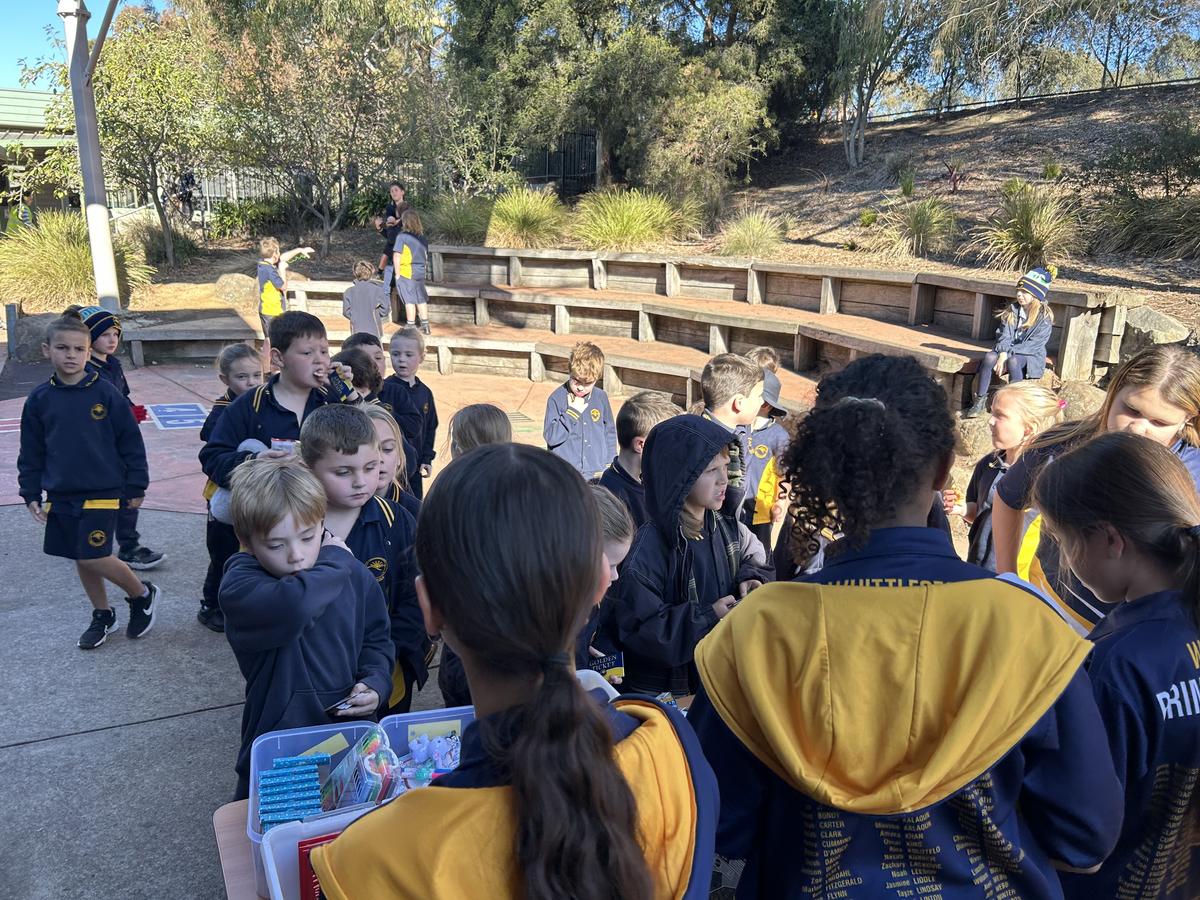
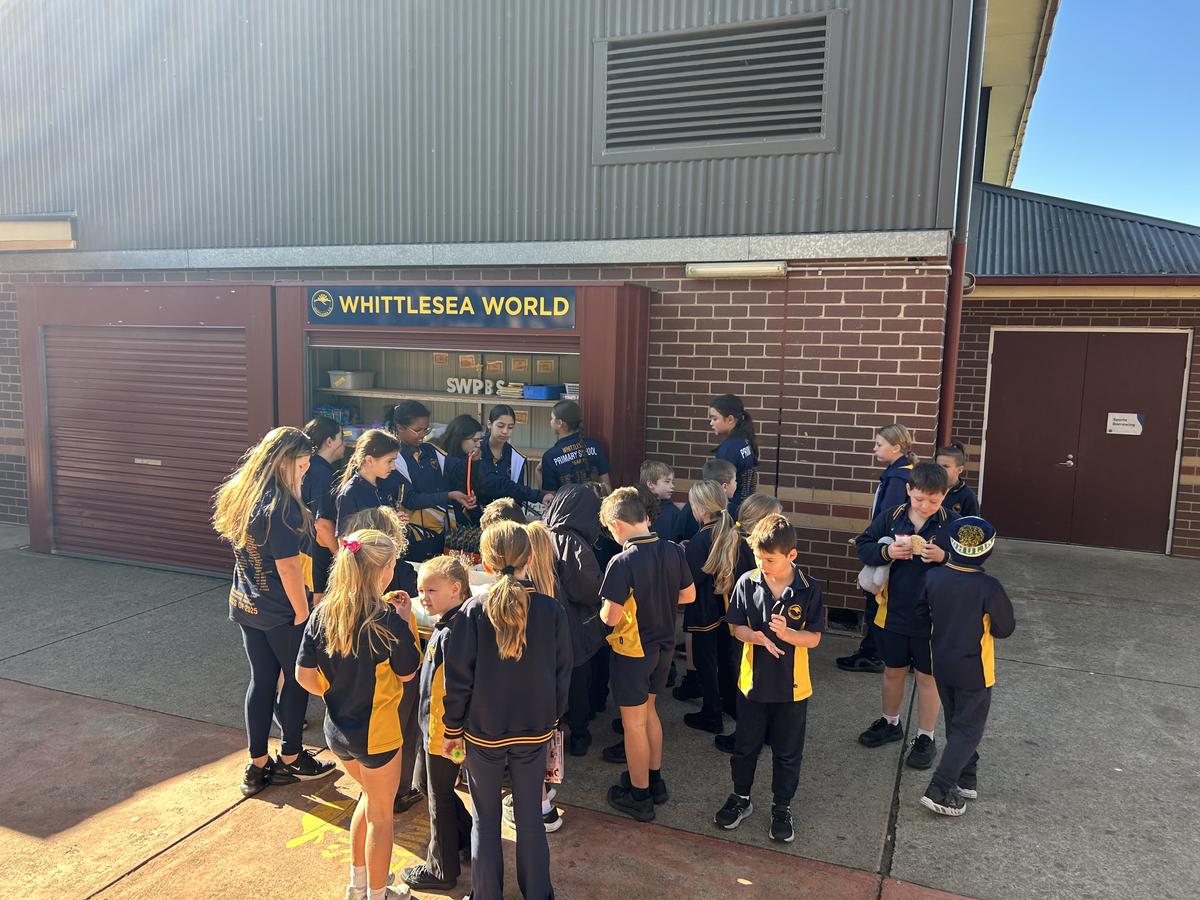
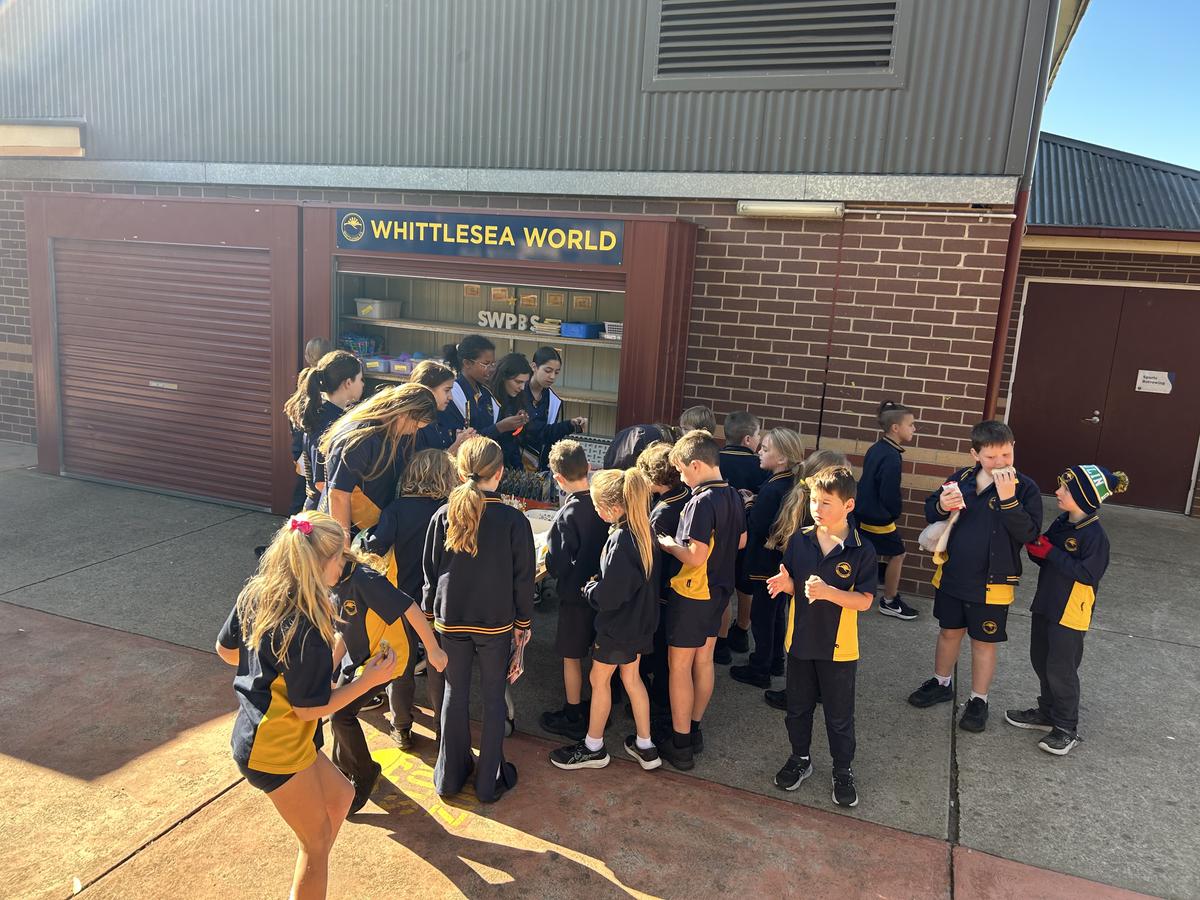
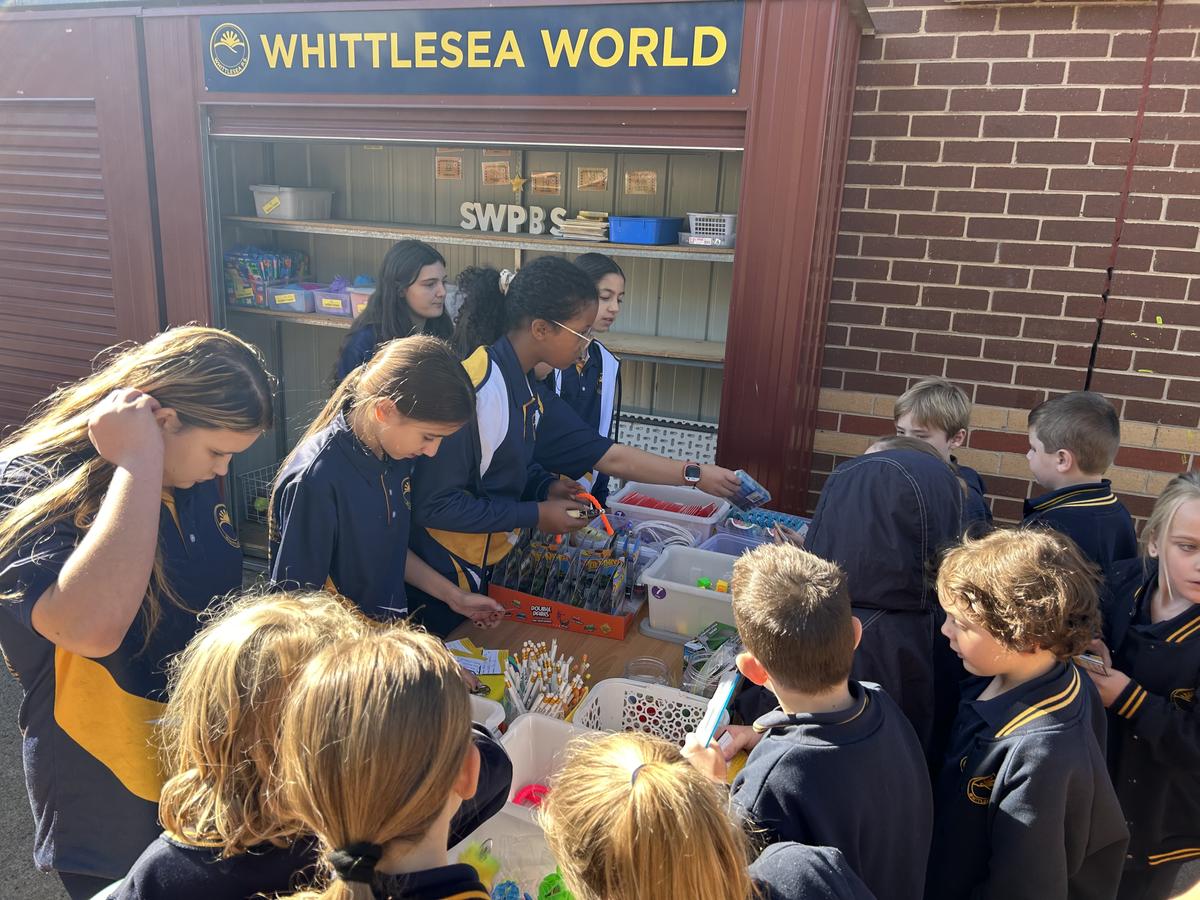
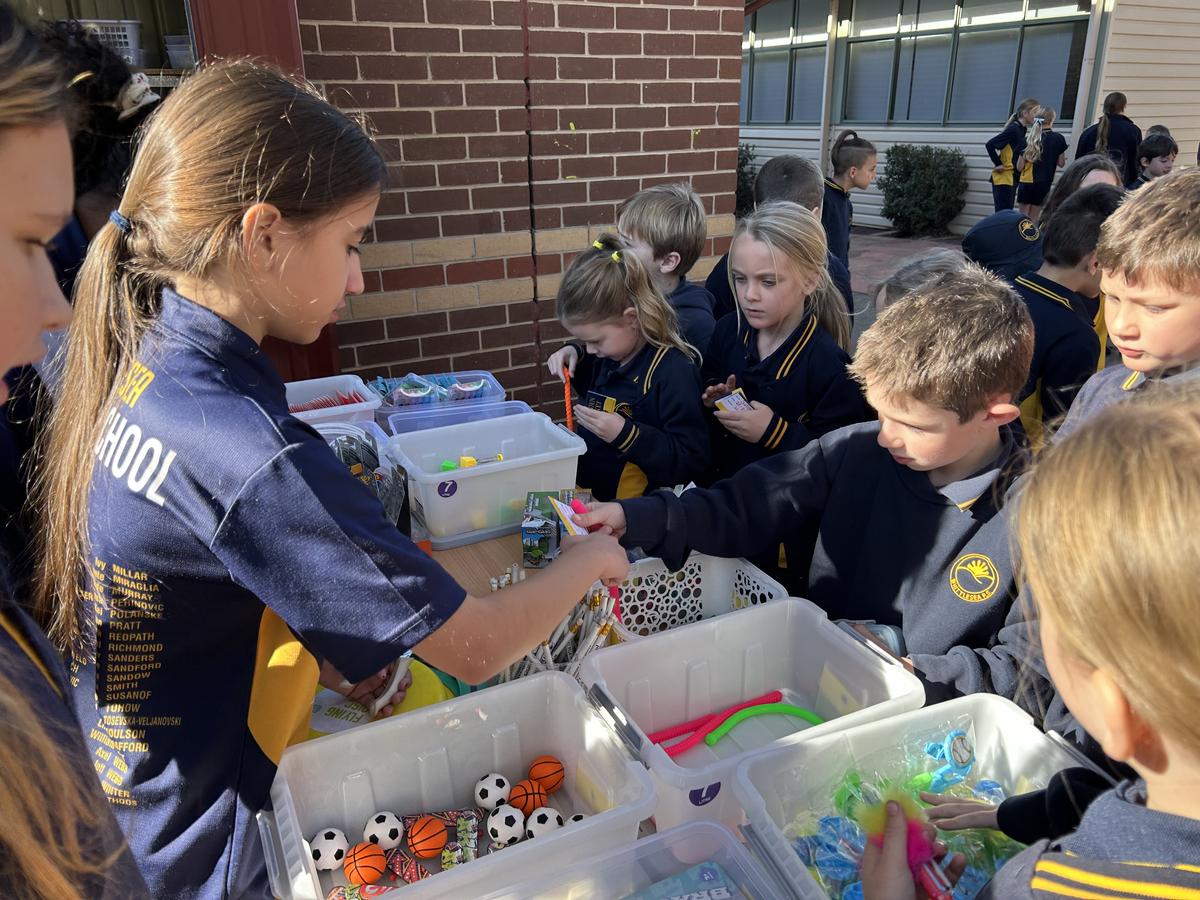
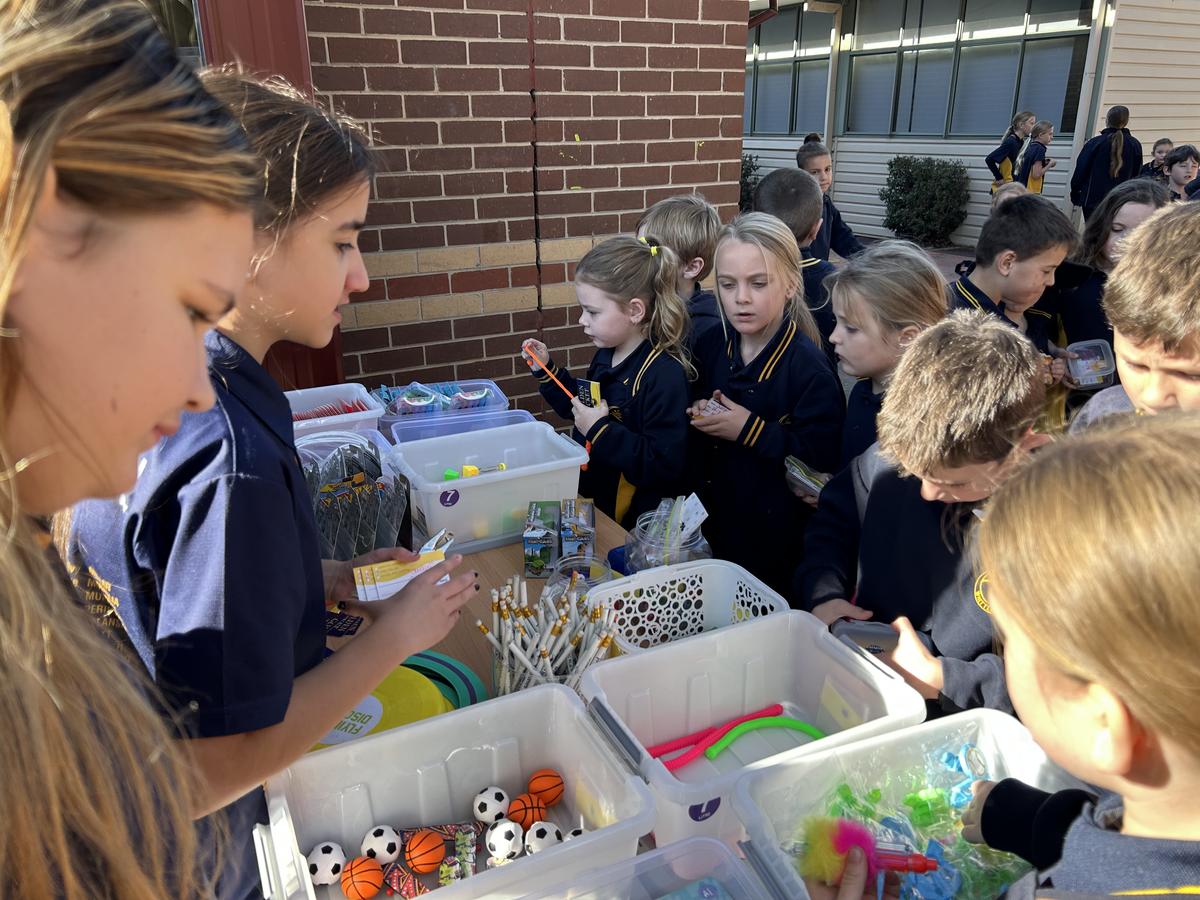
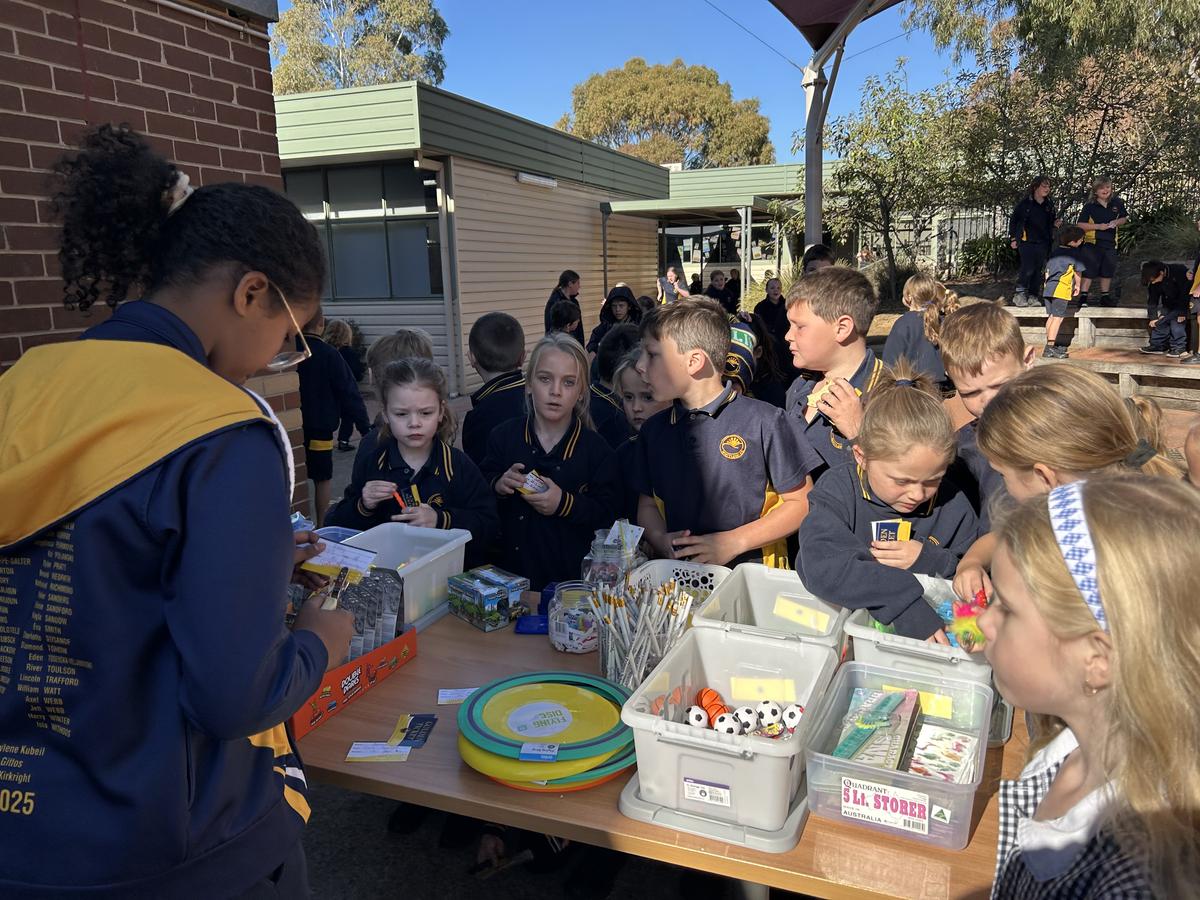
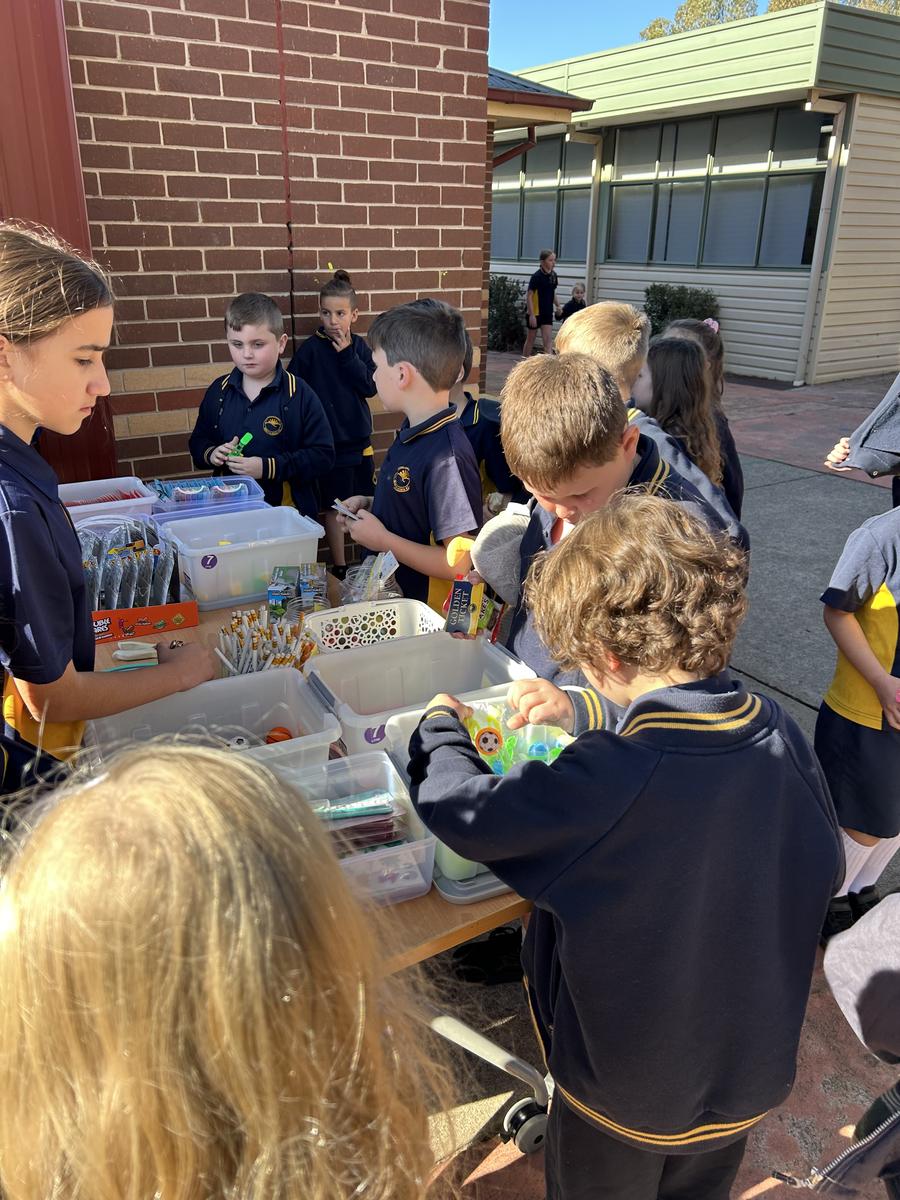
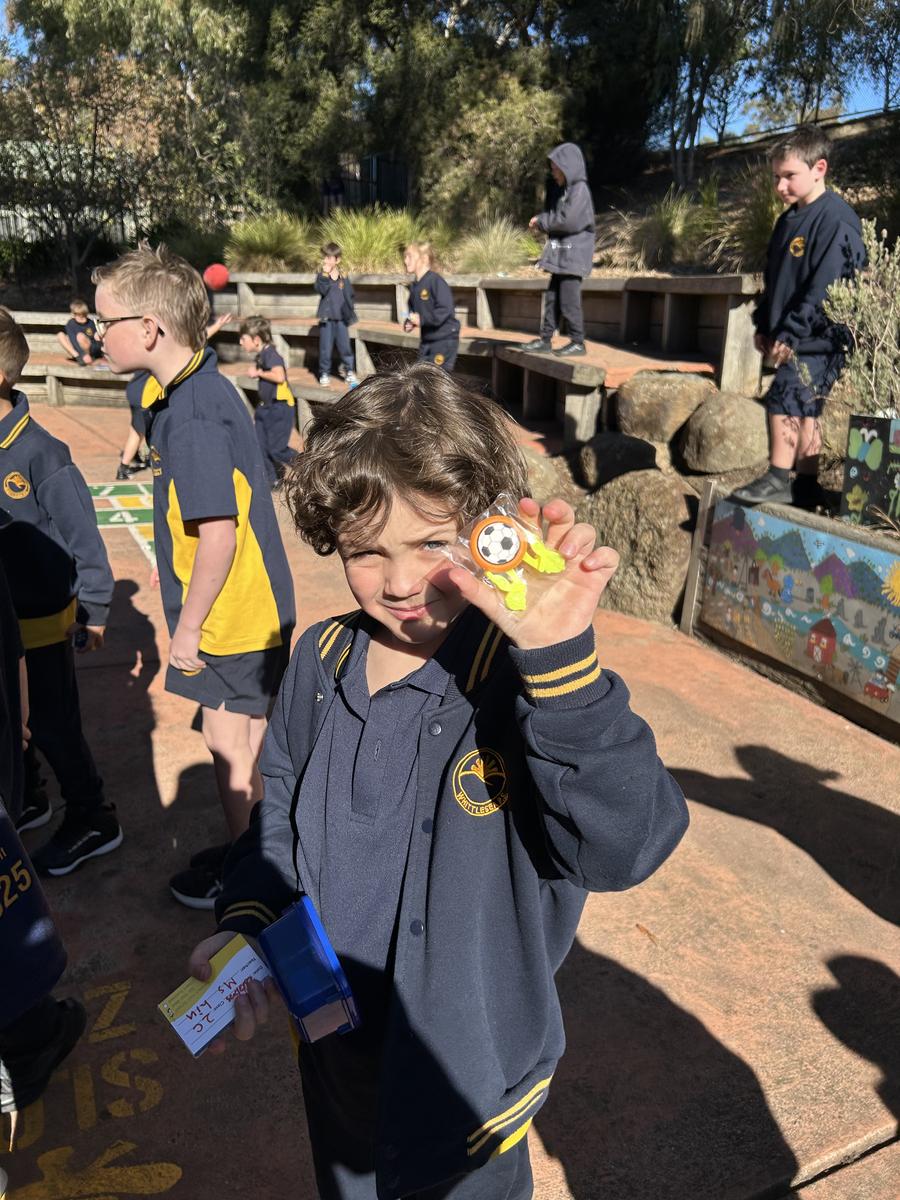
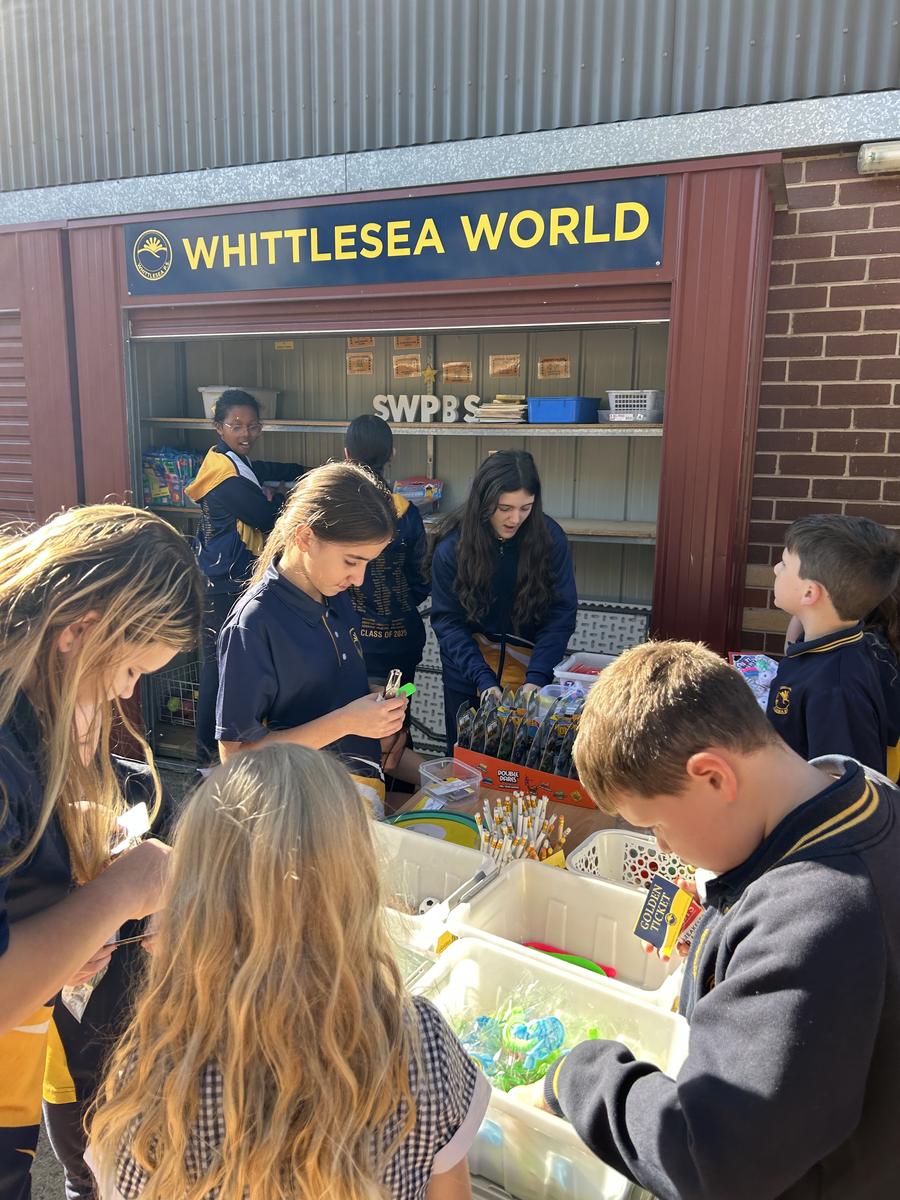
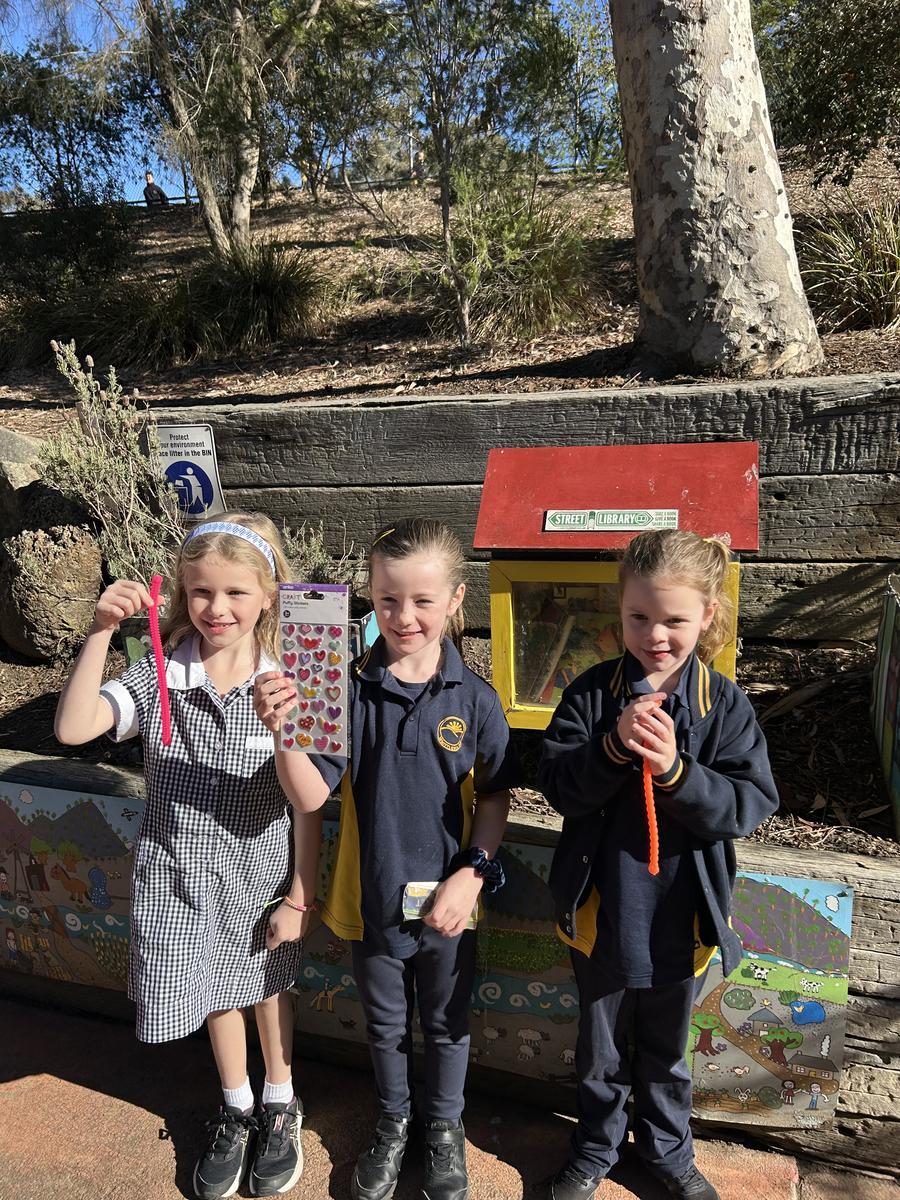
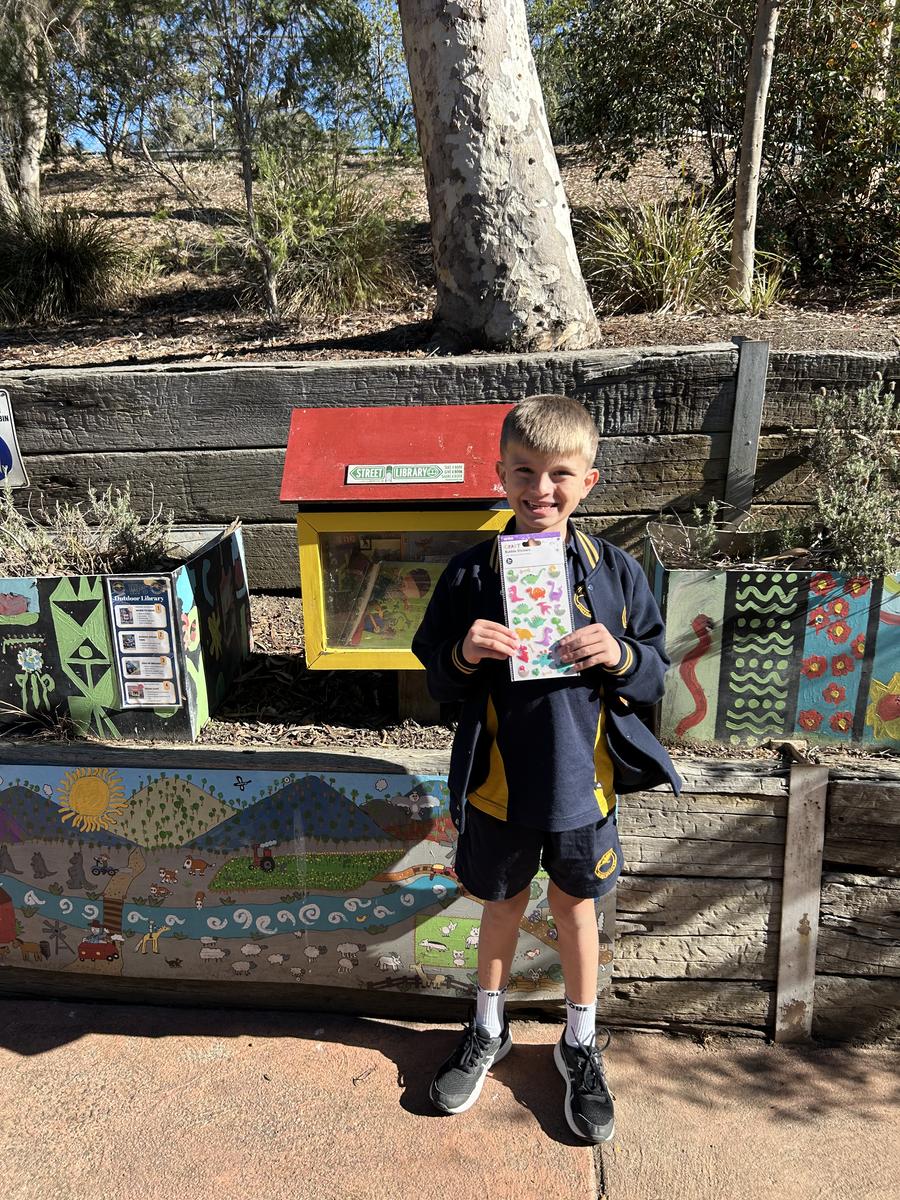
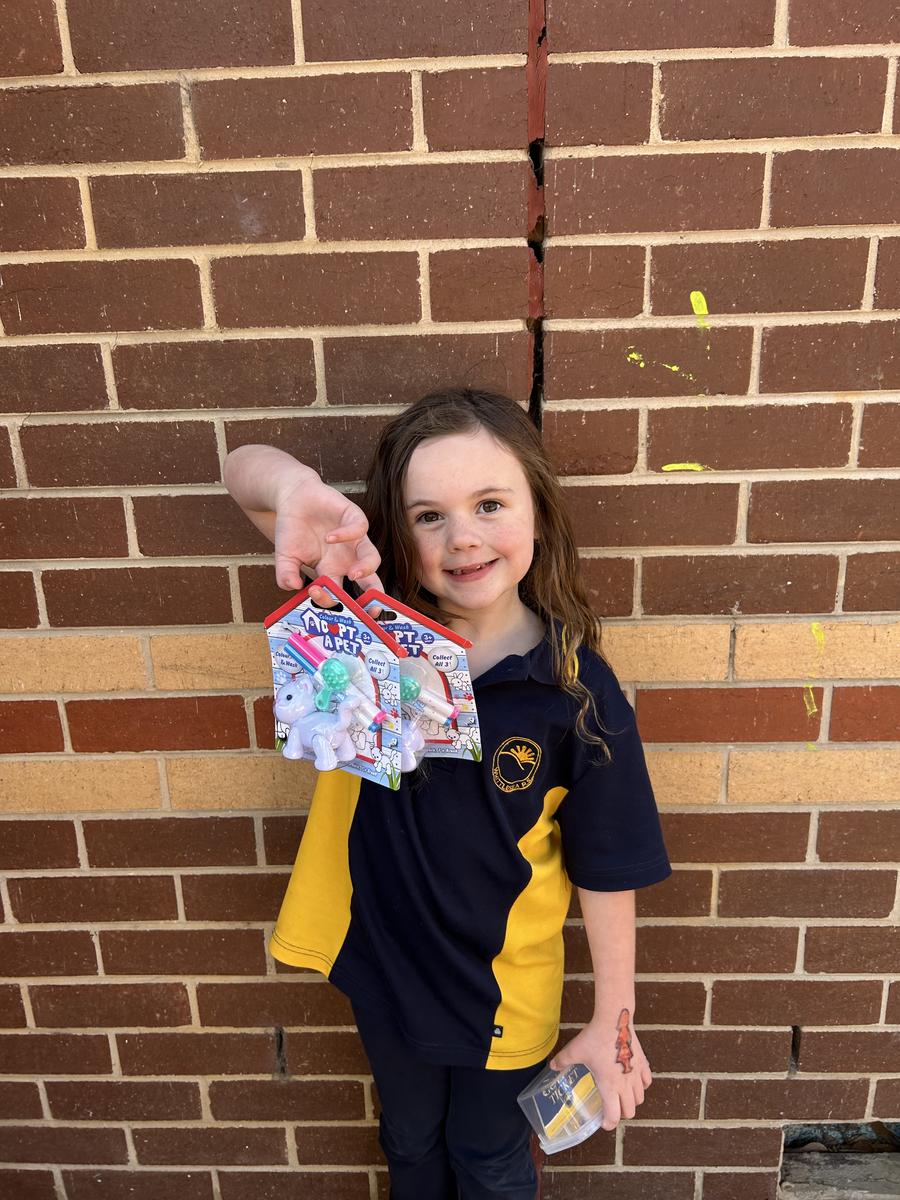
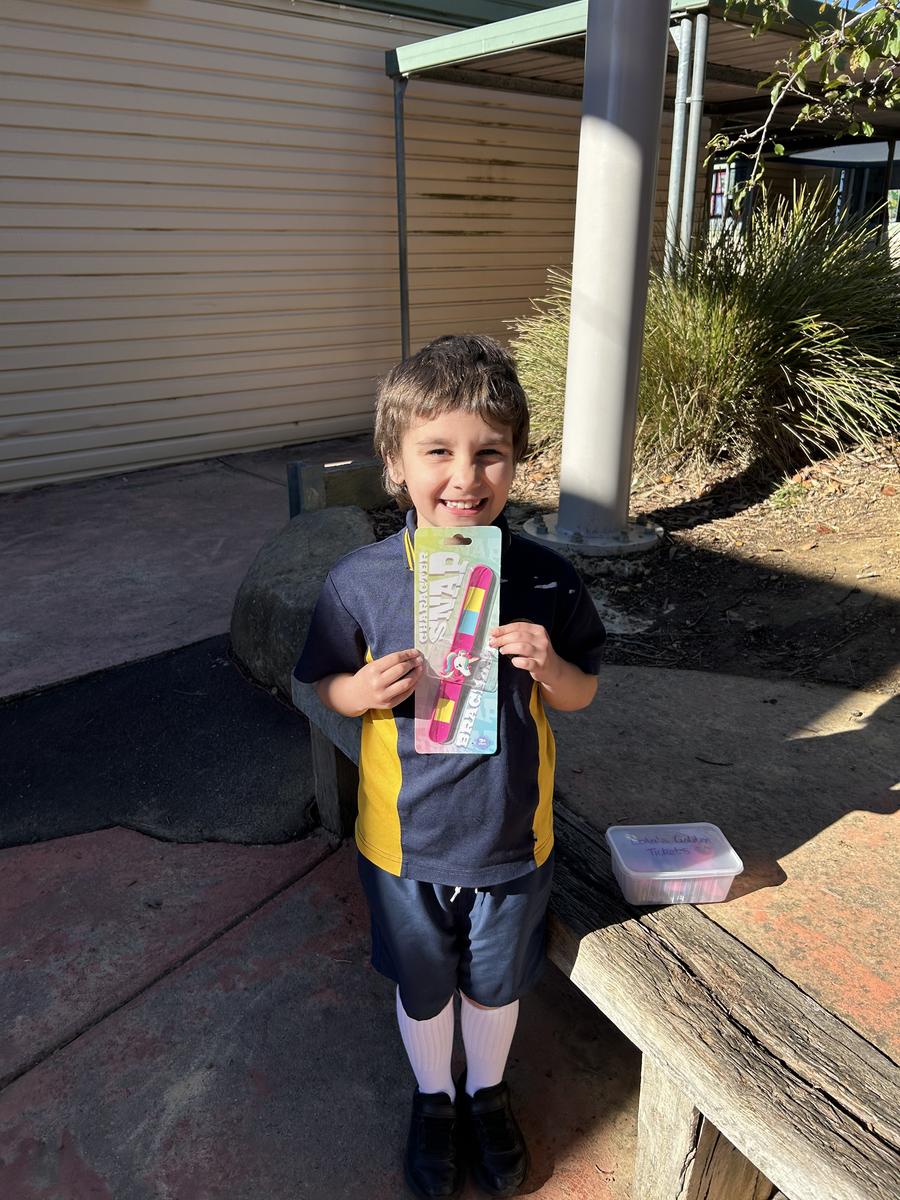
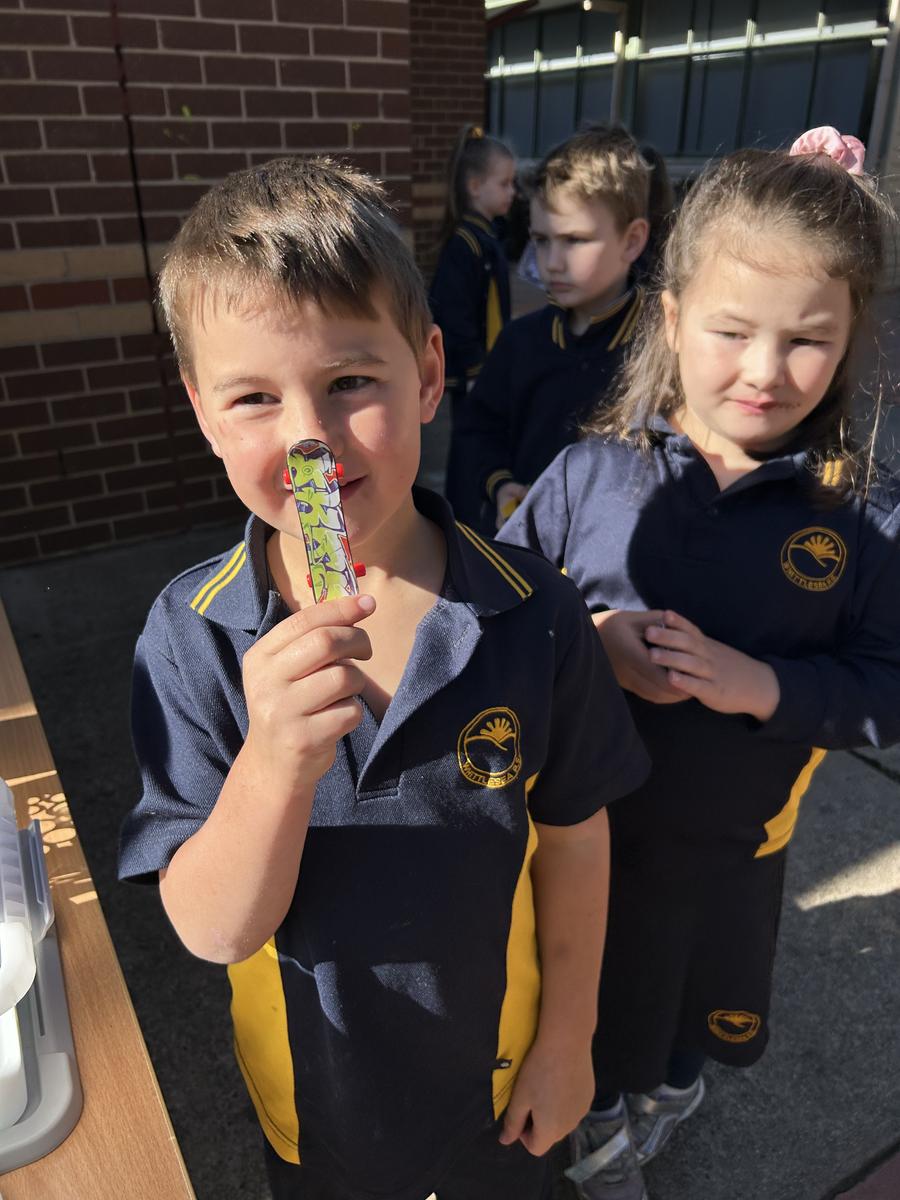
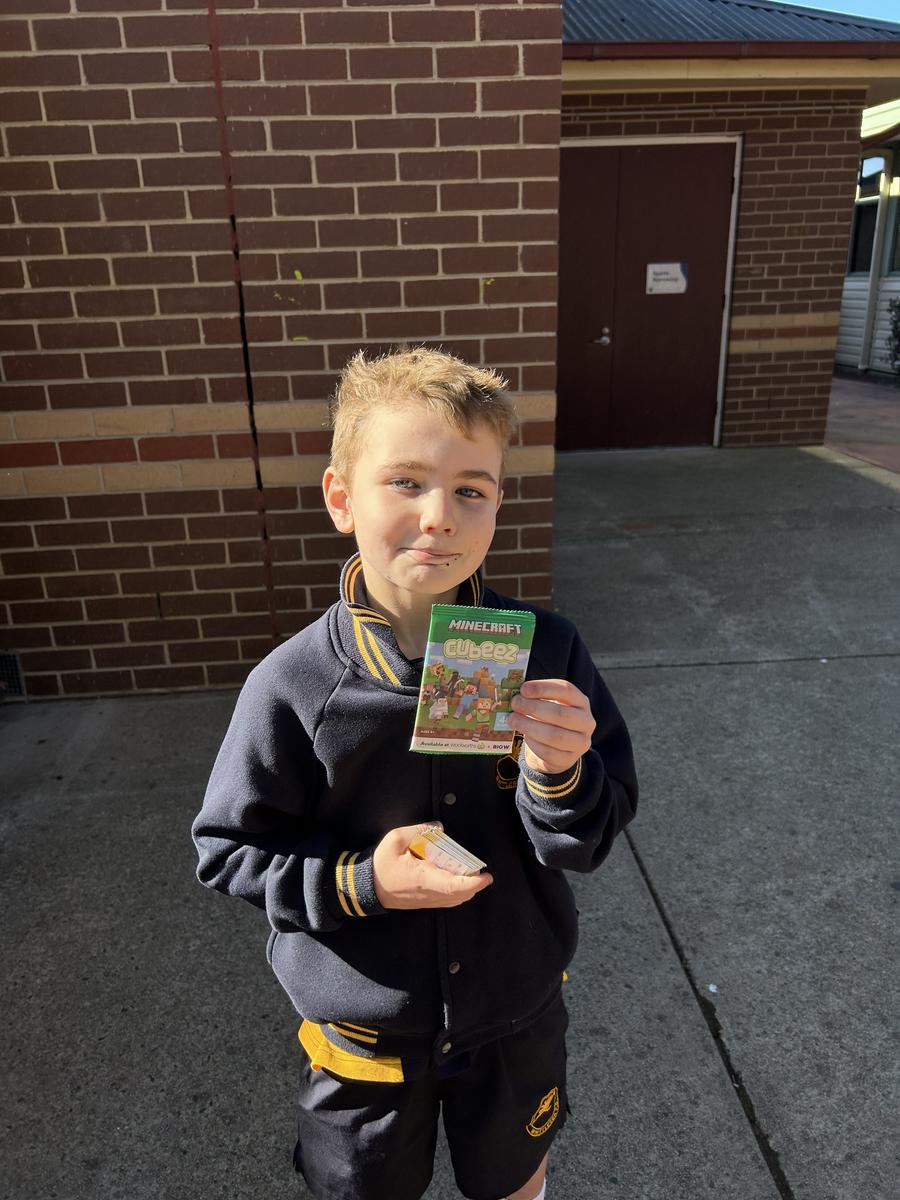
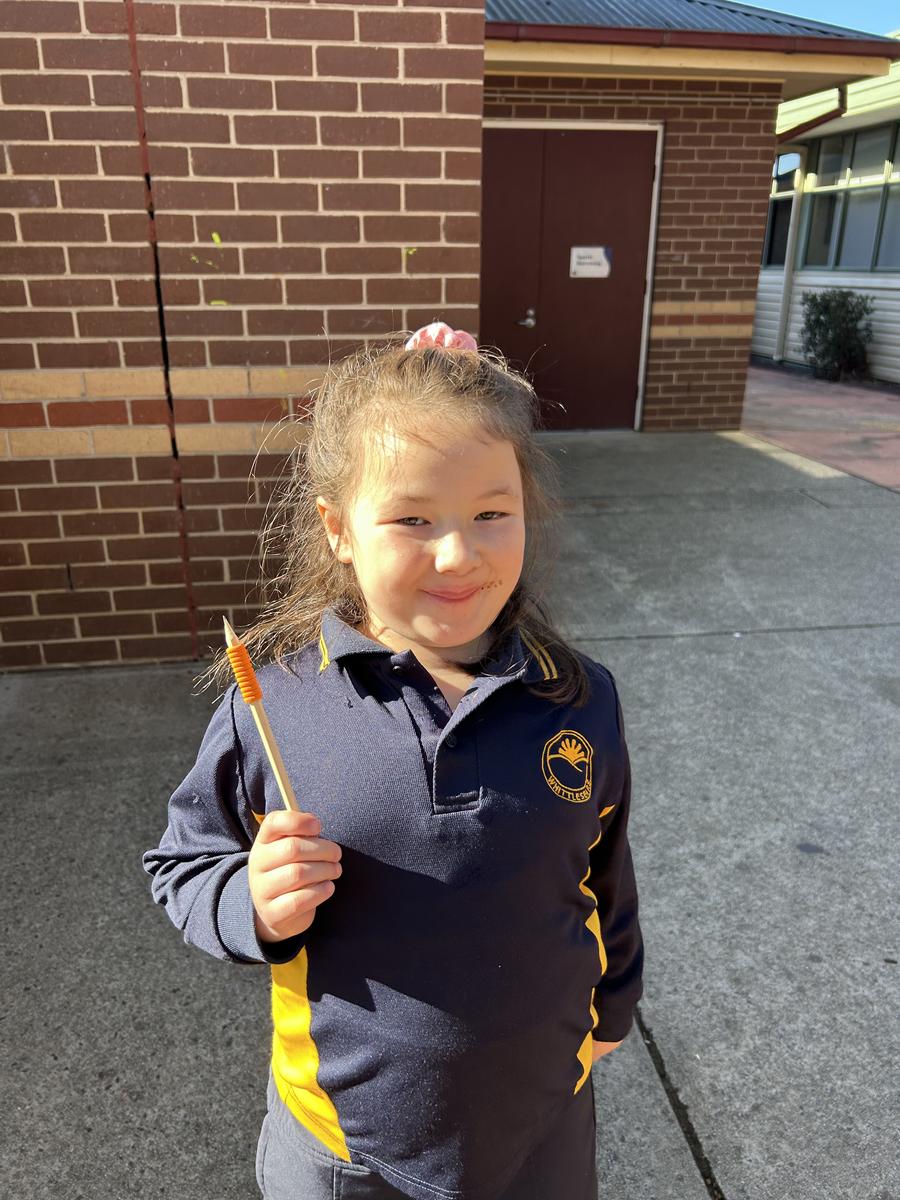
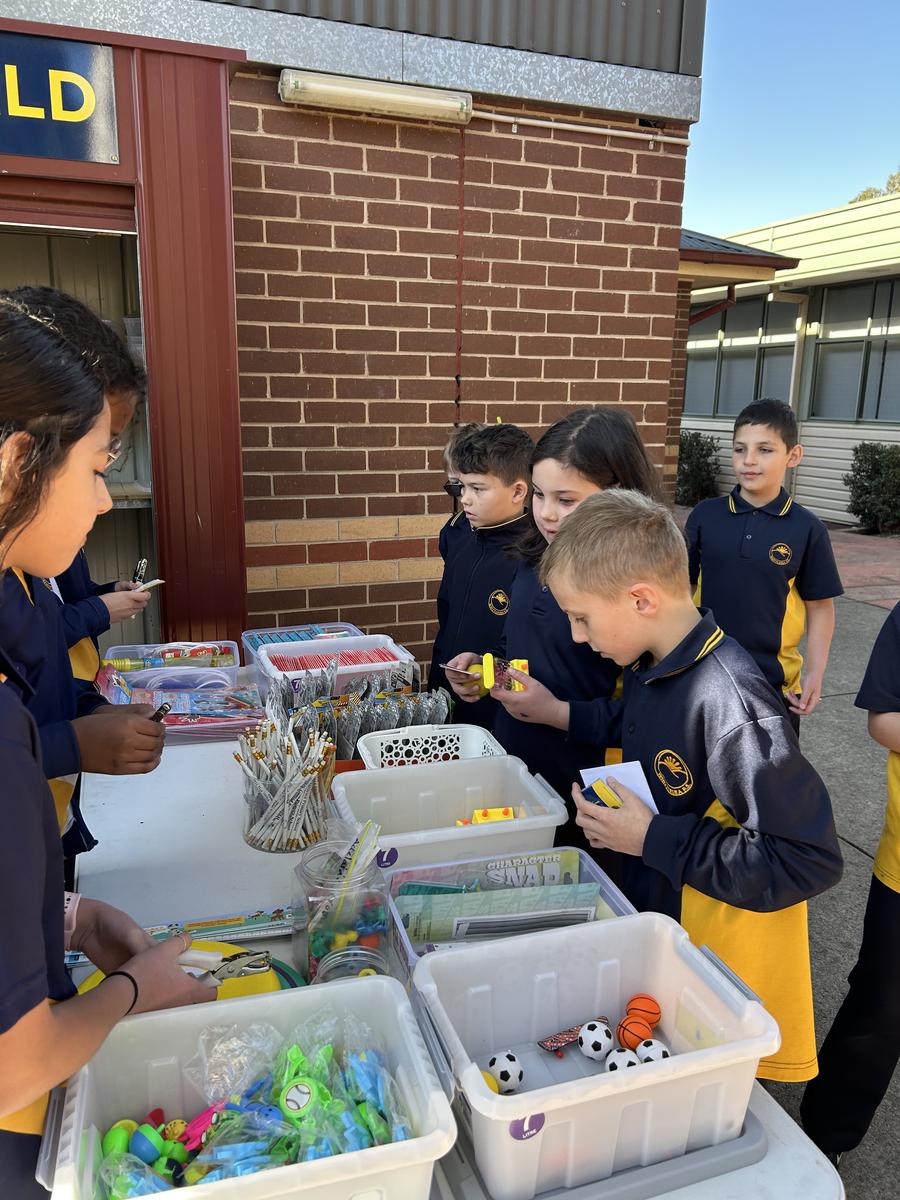
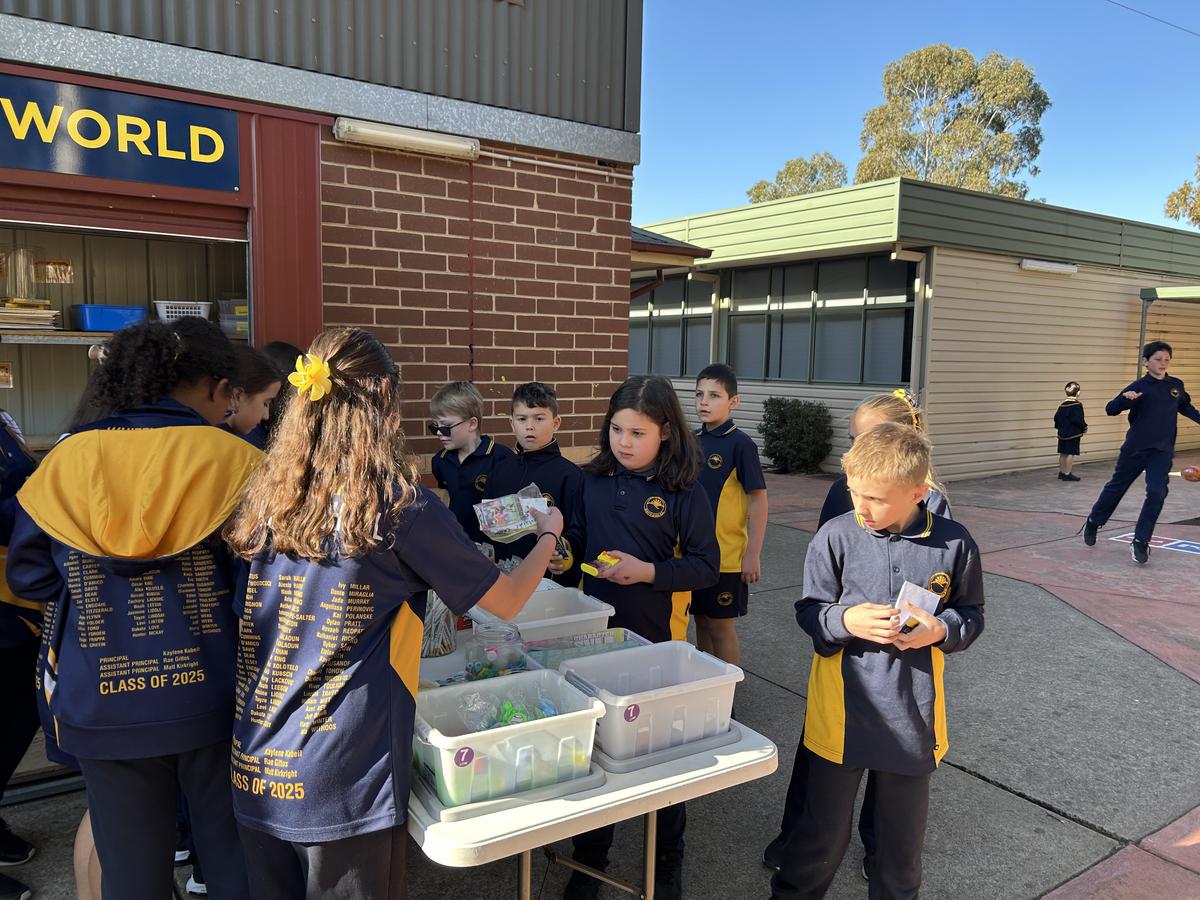
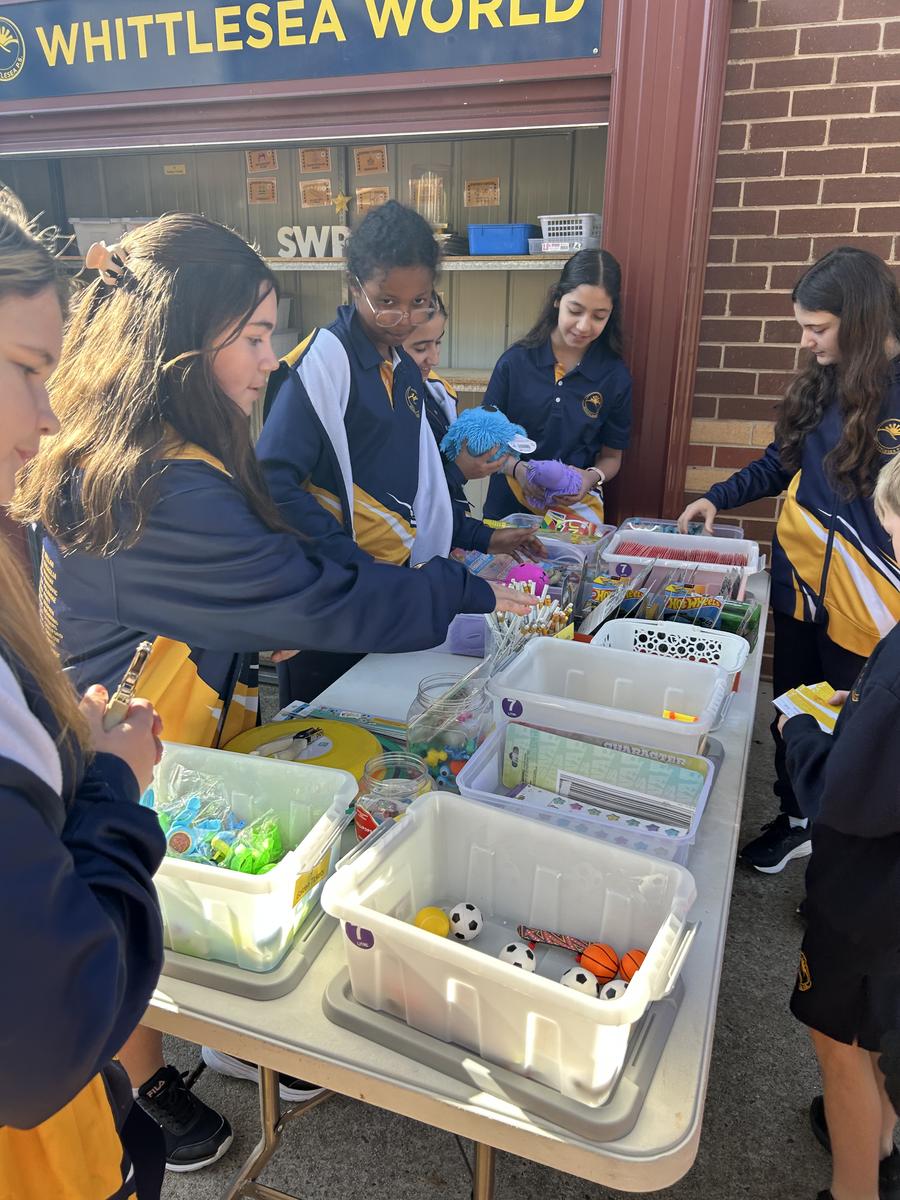




















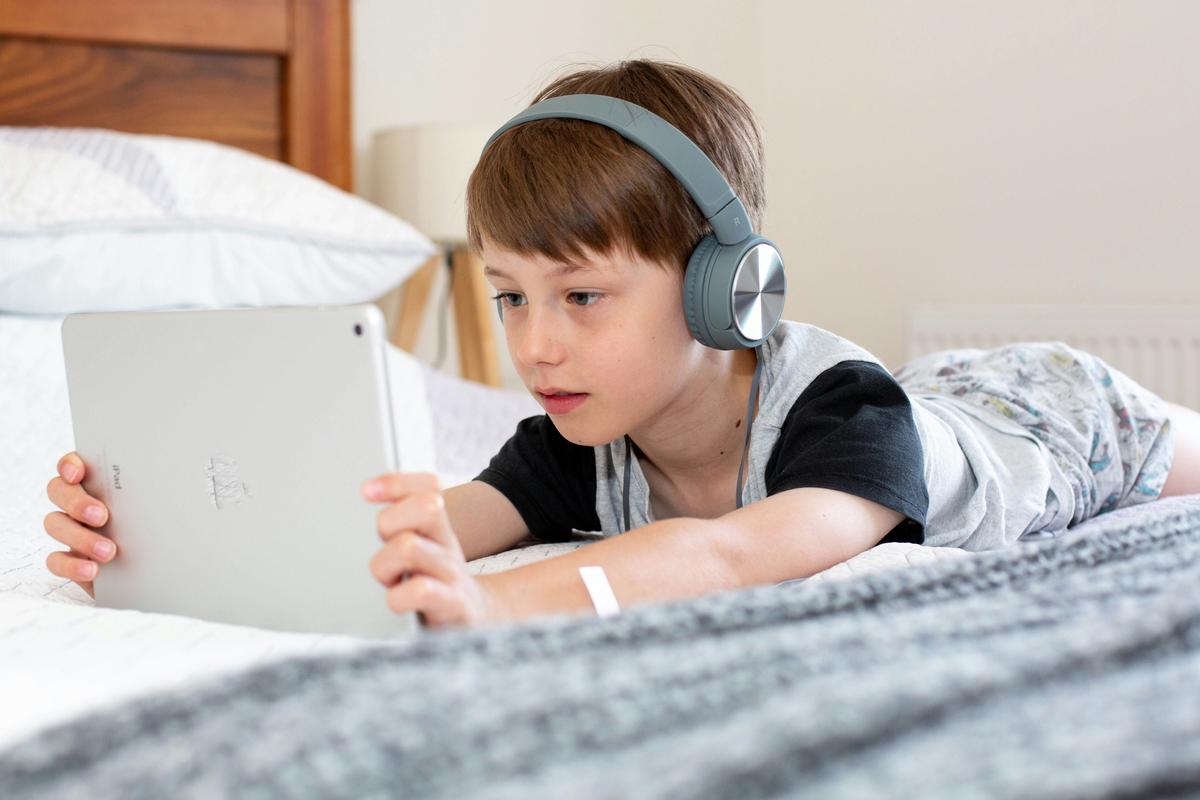
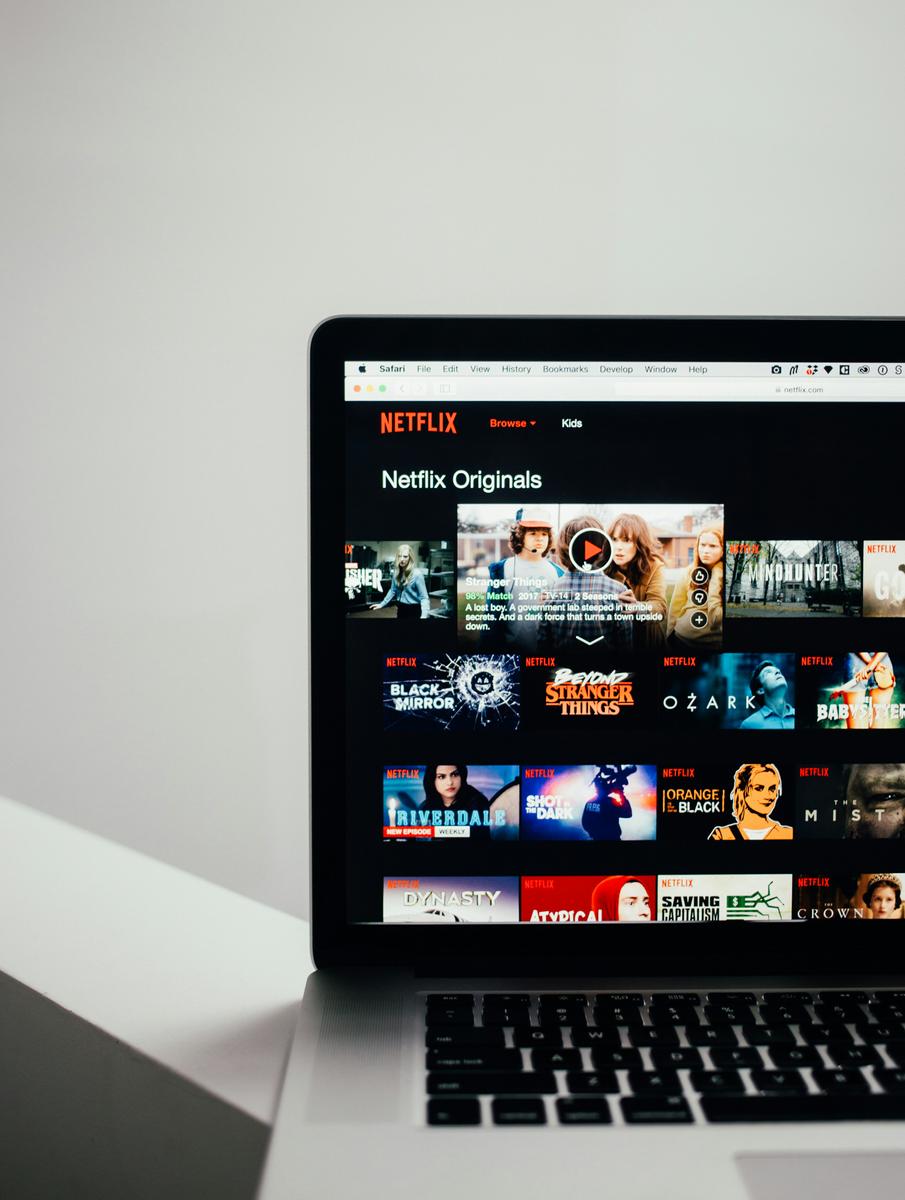




In today's digital world, our children have more access to entertainment and media than ever before. From YouTube videos and video games to movies and TV shows, it's easy for young minds to stumble across content that may not be suitable for their age or stage of development. As a school community, we want to work together with families to ensure that children are exposed to media that supports their wellbeing, learning, and emotional development.
Why It Matters
Children are naturally curious, and media can have a strong influence on how they see the world, interact with others, and process emotions. Content that includes violence, strong language, scary themes, or mature topics can confuse or upset younger children. Even seemingly harmless videos or games can contain hidden messages, aggressive behaviour, or advertising for children.
We know it’s not always easy to keep track of everything your child watches or plays, especially with how fast technology changes. However, making mindful choices about media can significantly impact your child’s mental health, sleep, behaviour, and even academic progress.
A Great Resource: Common Sense Media. If you’re unsure whether a particular video, game, or movie suits your child, we recommend checking Common Sense Media. This website provides age-based ratings and detailed reviews written by experts and parents. It gives you a clear picture of the content, including themes, language, and any areas of concern, so you can make informed decisions as a family.
Top Tips for Families
Let’s continue working together to ensure that our children enjoy a safe, healthy, and fun online and offline childhood.